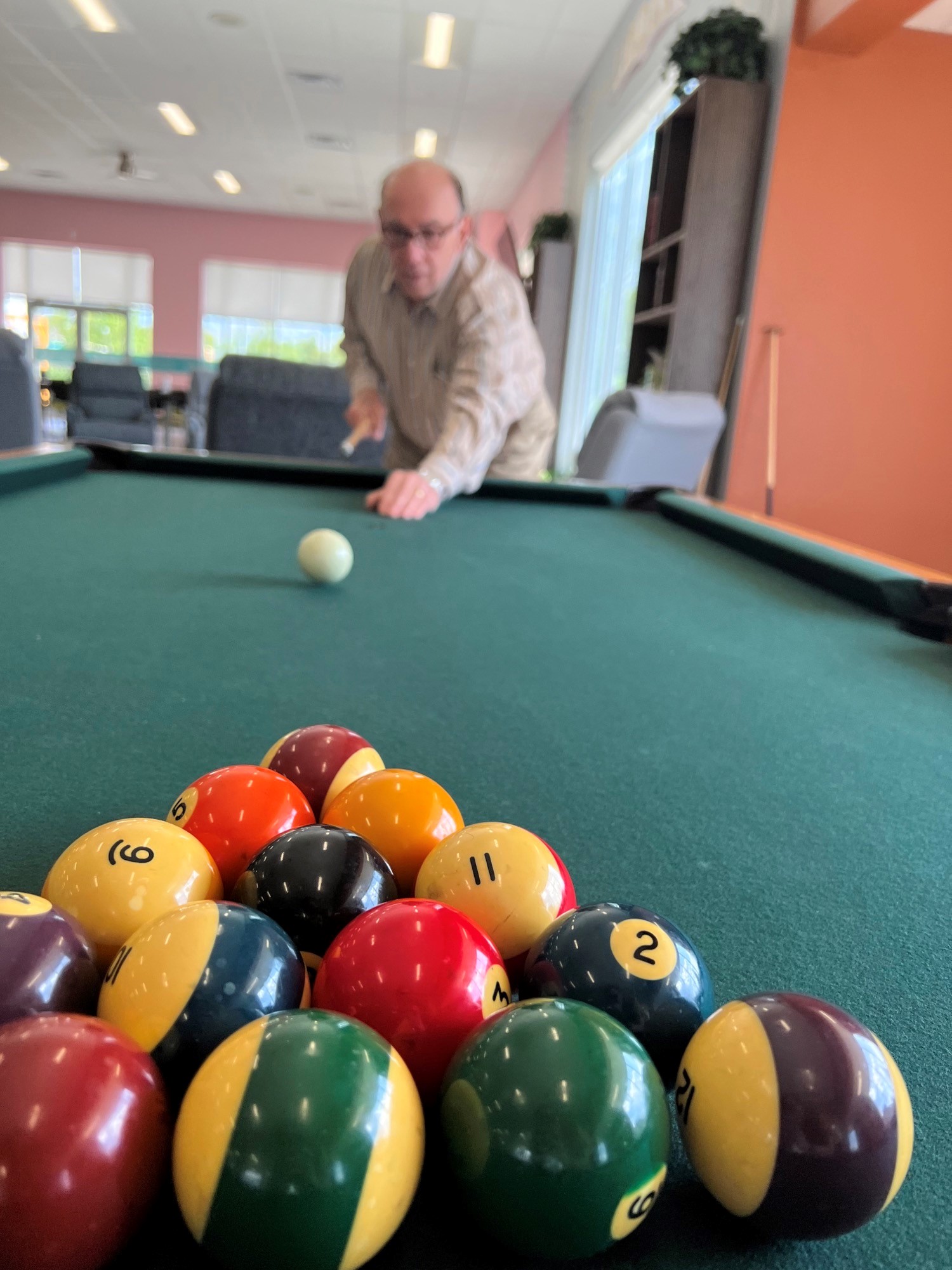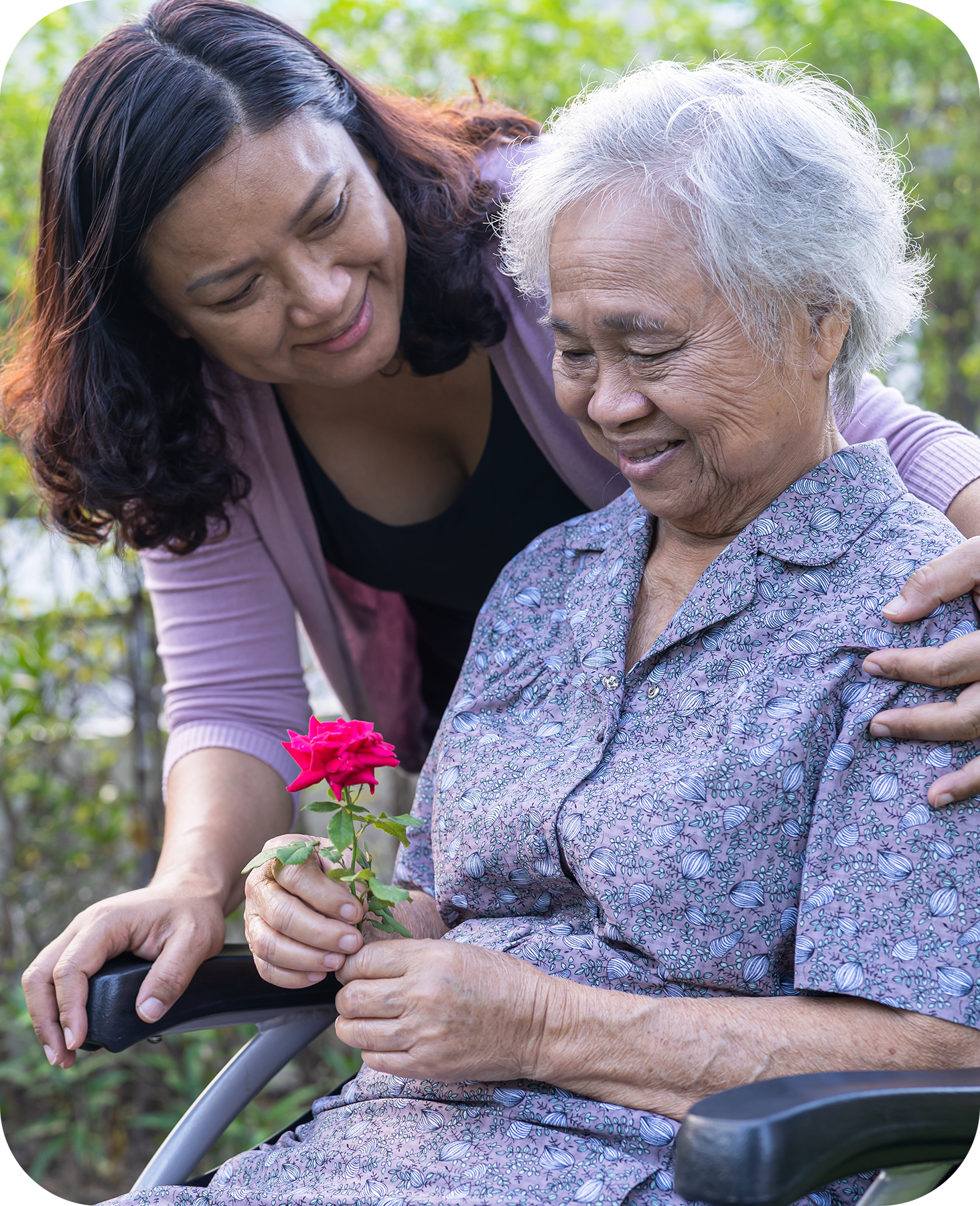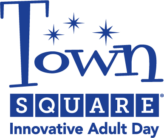The Signs and Stages of Alzheimer’s Disease
Alzheimer’s disease is a progressive condition, meaning that it becomes more severe over time. Those living with Alzheimer’s begin with minor cognitive and memory problems, which become gradually more major. As the disease develops, caregivers may play an increasingly important role in their loved ones’ lives.
What are the stages of Alzheimer’s disease?
AD has three stages and two possible precursors, each with specific signs and symptoms.
1. Preclinical Alzheimer’s disease
The physical changes to the brain associated with AD begins before the person or those close to them notice any symptoms. This stage is called preclinical Alzheimer’s disease and can last for years or even decades.
2. Mild cognitive impairment
People with a mild cognitive impairment (MCI) experience slight changes to their thinking ability and memory recall. These changes do not prevent them from working, nor do they heavily affect their relationships. Typical symptoms include memory lapses, difficulty predicting the amount of time required for an activity, and trouble judging the sequence of steps needed to complete a task.

Some people with MCI may not have Alzheimer’s disease or any other form of dementia, and their cognitive health will remain stable. However, others who have MCI may ultimately develop Alzheimer’s, and with current forms of medical treatment, all types of dementia are progressive and not reversible.
For this reason, Town Square Princeton’s adult day services – which help seniors maintain social connections and exercise their thinking and creativity – can be especially valuable for people at the earliest stages of dementia. People who have robust support, like the type Town Square can provide, throughout the process of living with a cognitive disorder have overall better quality of life and can cope better with their progression in many ways.
For example, people who participate in reminiscence therapy and regular social interaction starting from the beginning stages of cognitive impairment may find richer fulfillment for a greater amount of time, have an easier experience as their condition changes, and will find this type of support familiar and comfortable throughout their journey with dementia.

3. Early Stage Dementia
Early-stage dementia is generally when family, friends, and doctors begin to notice the person’s struggles with memory and thinking. At this stage, signs and symptoms start to impact daily life and might include:
- Forgetting recent events and conversations
- Difficulty solving problems or completing complex or multi-step tasks
- Personality changes, such as becoming withdrawn, unmotivated, or irritable
- Getting lost, even in familiar places
4. Middle-stage dementia
During the middle dementia stage, people become increasingly forgetful and confused. They may also require assistance with day-to-day activities and self-care. People at this stage of the disease’s progression may:
- Demonstrate poor judgment and confusion
- Wander from their homes and become lost
- Experience significant memory loss and repeat stories
- Require some help with daily activities, such as bathing and changing clothes
- Become restless and, in some cases, have aggressive outbursts

5. Late-stage dementia
During the late stage of AD, a person will experience significant declines in mental function. In addition, the disease will have an increasing effect on mobility and physical capabilities. People in this stage may:
- Lose the ability to communicate in a way that is logical or makes sense
- Require round-the-clock supervision and assistance with daily tasks, such as eating and using the bathroom
- Experience a decline in physical capabilities, and may not be able to walk or lift their head without assistance
- Lose physical control, including the ability to control bladder and bowel functions and swallow
How do you know what stage of Alzheimer’s someone is in?
Generally, the healthcare team who provided the diagnosis will inform the patient and their loved ones which stage of AD they are currently experiencing. How quickly the person will progress into the later stages of the disease is difficult to predict, as everyone’s experience with AD is unique.
What happens after an Alzheimer’s diagnosis?
A diagnosis of Alzheimer’s can be difficult. However, there is support available for people who have dementia and their families. Those diagnosed will require regular appointments with their primary care doctor.
We strongly encourage anyone with a recent dementia or Alzheimer’s diagnosis and their loved ones to connect with local services, undertake legal and financial planning, and secure any day-to-day assistance required. In addition, they may wish to order a home-safety evaluation.
Town Square is committed to providing compassionate, expert help to those with a cognitive or memory impairment and their caregivers and family members every step of the way. Our leadership team consists of knowledgeable dementia care experts who are dedicated to advising people with a cognitive disorder and their loved ones as well as providing them all necessary resources to help them live best with their condition. Town Square Princeton has also invested in an on-site Family Center, providing support groups and information on aging freely and gracefully no matter one’s cognitive condition.

A caregiver’s role in supporting a loved one with Alzheimer’s
Caregivers play an incredibly valuable role in the lives of people with AD while empowering their loved ones to remain as independent as possible. In the beginning, their duties might include assistance with appointments and scheduling and basic domestic duties, like cooking and cleaning. As the disease progresses, caregivers might provide more hands-on support, assisting their loved ones with self-care activities.
Caregivers have a lot of responsibilities, and while many are more than happy to journey with their loved ones through their disease, they must prioritize their own well-being. Options like adult day care can offer much-needed respite, allowing caregivers to feel refreshed, energized, and ready to put their best foot forward.
Contact Town Square Princeton today to learn more about how our unique, reminiscence-focused senior day services bring connection, safety, and fun to senior citizens with and without Alzheimer’s disease or another kind of dementia.


